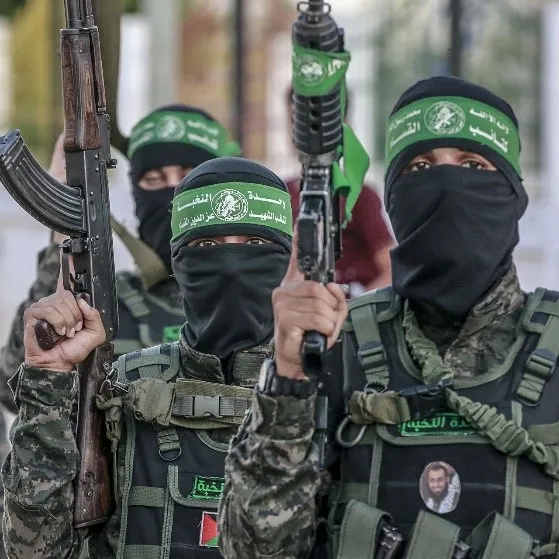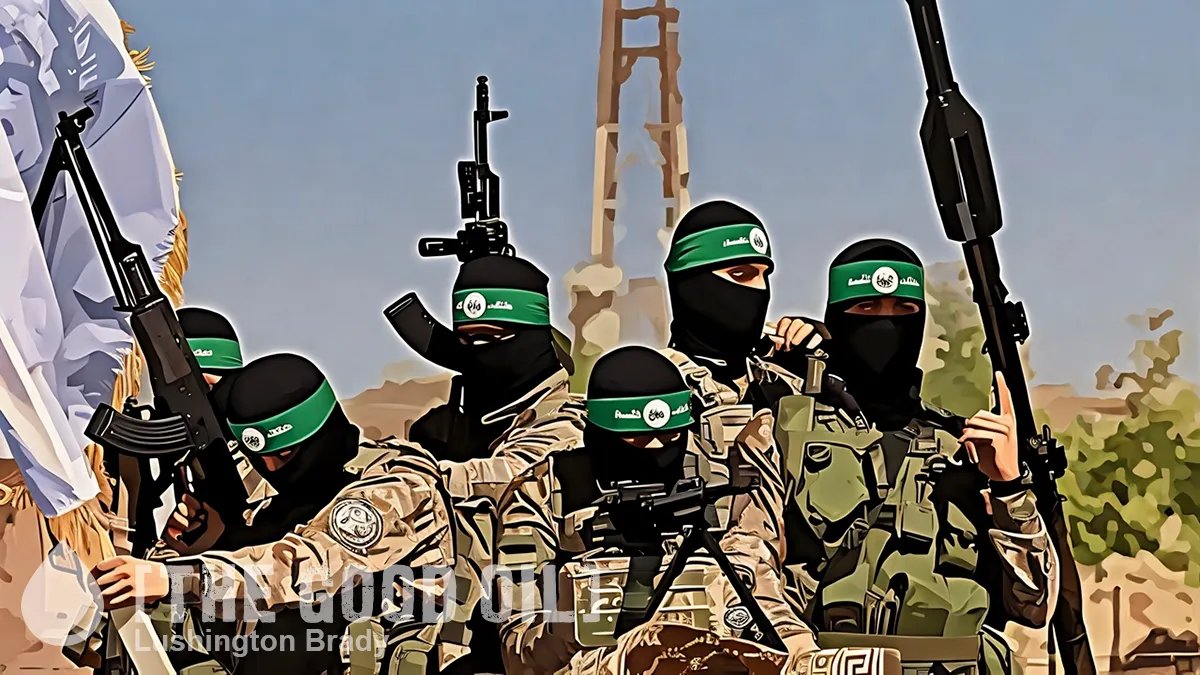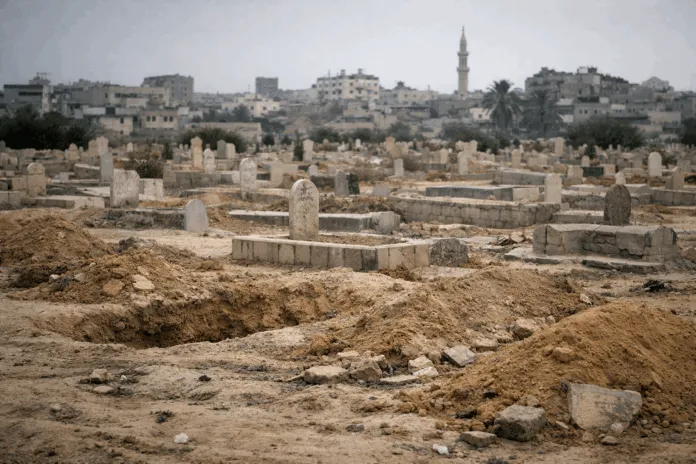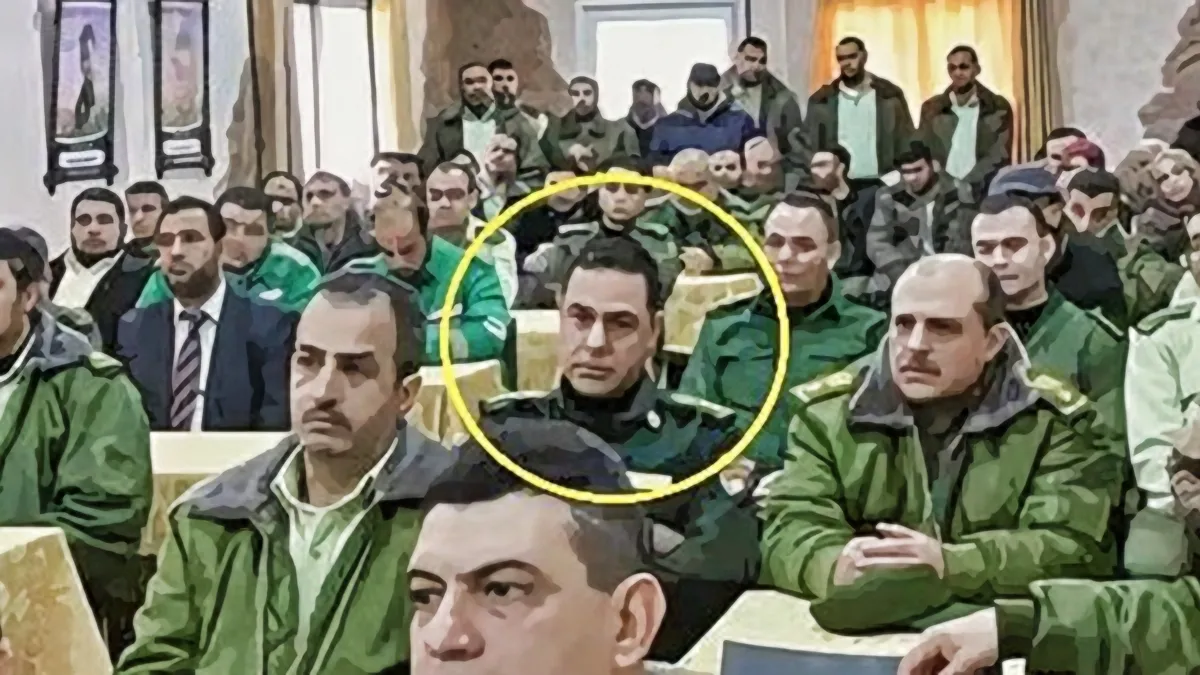Table of Contents
Ahron Shapiro
Australian news headlines this morning (May 7) were remarkably consistent. Firstly, they said, Hamas had agreed to a ceasefire in Gaza, and secondly, that Israel had not accepted it and was instead moving ahead with an attack on the southern Gazan city of Rafah, which borders Egypt.
The assumptions underlying these stories are misleading, since according to a report in Hebrew on Israel’s national broadcaster Kan 11’s website, “behind the scenes, after Hamas’ reservations given in recent days, Egypt and Qatar submitted an updated proposal, without Israel’s approval.”
The Hebrew website’s story includes details of the outline that Hamas has reportedly agreed to, which can be read in English using Google Translator.
Some of the demands listed that Israel might be having continued issues with are that Hamas wants the release of the captured “Nukhba” forces that spearheaded the October 7 massacre. Hamas also demands Israel agree to permanently end the hostilities and pull all its troops out of Gaza, backed by international guarantees, including from the US. Israel has only been willing to back a “sustainable calm”, with no international interference.
Also, according to Kan, “A significant difference between the Hamas proposal to Israel concerns the release of non-living hostages. In the Hamas proposal, they do not commit in the first stage [of the ceasefire] to the release of only live abductees, as Israel demanded, but instead that the 33 Israelis released in the first stage would be either living or dead.”
A New York Times report pointed out that the media stories that said Hamas had accepted a ceasefire were inaccurate and what had actually occurred is that Hamas had put forward a “counteroffer” to what it had been offered by Israel and the US. This report also noted that Israel’s current manoeuvres in Rafah are still in fact very limited, and certainly do not yet amount to the full-scale ground invasion of that last Hamas bastion in Gaza as has long been discussed:
In fact, Hamas did not “accept” a cease-fire deal so much as make a counteroffer to the proposal on the table previously blessed by the United States and Israel — a counteroffer that was not itself deemed acceptable but a sign of progress. At the same time, Israel’s strikes in Rafah evidently were not the start of the long-threatened major operation but targeted retaliation for Hamas rocket attacks that killed four Israeli soldiers over the weekend – and along with the warning to civilians, a way to increase pressure on Hamas negotiators.
The New York Times article also went on to say that in creating its counteroffer, “Hamas’s response over the [May 3-5, 2024] weekend frustrated the intermediaries because it rejected some of the very language that it had previously proposed and that had been adopted by the Israelis, according to the people briefed on the talks.”
According to a statement by War Cabinet minister Benny Gantz, whose National Unity party has previously threatened to leave the Government if it refuses an acceptable hostage deal, the ceasefire proposal Hamas agreed to “is inconsistent with the dialogue [Israel] held with the mediators to this point and has significant gaps [from Israel’s demands],” the Times of Israel reported.
In the meantime according to Ynet, Israel has sent additional detail-oriented negotiators to Cairo to try and work on the red lines that remain in the Egyptian and Qatari proposal.
The Ynet article stated:
“[A] senior Israeli official called the so-called deal ‘a unilateral proposal without Israeli involvement. This is not the proposal we discussed with the Egyptians. This is an exercise by Hamas designed to present Israel as a refusenik.’
“Israeli officials added that ‘the Egyptians unilaterally flexed all the parameters so that Hamas would agree. This was done unilaterally and this proposal is not acceptable to Israel.’”
An earlier Ynet report quoted an Israeli official saying “The security establishment is currently studying the Hamas proposal in depth. On the face of it, it seems that there is a demand for an end to the war that we cannot accept.” According to him, “The end of the war remains something concrete and they are not giving up on it. At the moment preparations for the operation in Rafah continue as usual.”









